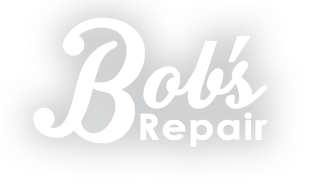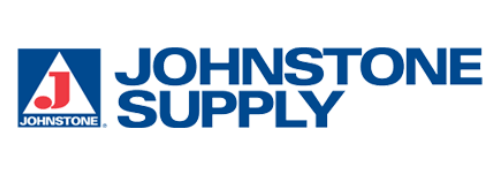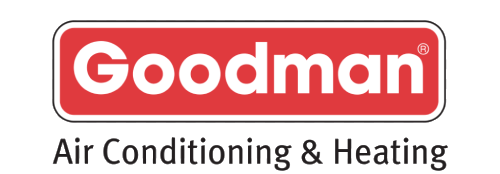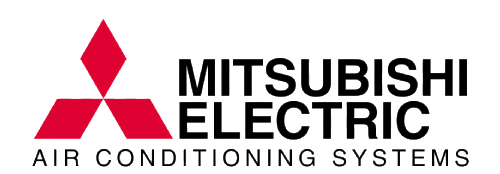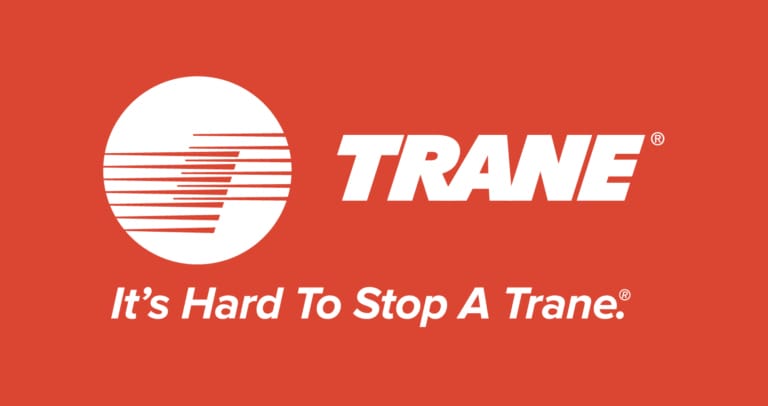Imagine this: a scorching summer day, your AC unit breaks down, and you’re left wondering if your home insurance will cover the repair.
This dilemma is more common than you might think and navigating the ins and outs of homeowners insurance can be as complex as the HVAC systems we rely on. In this article, we’ll demystify “Does Home Insurance Cover AC Repair?” and provide you with the knowledge to protect your home’s cooling system effectively.
Key Insights:
- Discover which damages to your AC units are typically covered by homeowners insurance.
- Understand the exclusions that could affect your coverage.
- Learn about the process for filing a claim for AC repair or replacement.
By the end of this article, you’ll have a clearer understanding of how home insurance policies address AC repairs, how to ensure your unit is covered, and steps to take when filing a claim.
This knowledge not only helps you navigate the complexities of insurance coverage but also equips you with the insights to make informed decisions about protecting your home’s HVAC system.
Insurance Coverage for AC Units: What Homeowners Need to Know
When it comes to home insurance coverage, many homeowners are left wondering if their policy extends to AC repair or replacement.
Typically, home insurance policies cover AC units under certain conditions, such as damage caused by fires, storms, or vandalism. However, it’s crucial to understand the distinction between central AC units and window AC units; the former is usually covered under the dwelling portion of your policy, while the latter falls under personal property coverage.
- Central AC units: Generally covered as part of the dwelling, meaning damage from covered perils like fire or theft is likely included.
- Window or portable AC units: Often considered personal property, with coverage depending on specific named perils in your policy.
Understanding the specifics of your coverage can save you a significant amount of stress and financial strain. Always review your policy’s details or consult with your insurance provider to clarify your coverage.
Homeowners Insurance Not Covering AC Repair: The Exclusions
While homeowners insurance covers a range of incidents, certain situations where your AC unit is damaged might not be covered, including:
- Wear and tear: Damage due to aging or normal use over time.
- Lack of maintenance: Neglecting regular care and upkeep of your AC unit.
- Flood damage: Most policies exclude flood damage, requiring separate flood insurance.
- Mechanical breakdowns: Unless you have added equipment breakdown coverage, standard policies don’t cover mechanical failures.
Being aware of these exclusions helps homeowners take proactive steps, such as regular maintenance and considering additional coverage options, to protect their investments.
When Does Insurance Cover Damage to Your AC?
Understanding when your home insurance policy will step in to cover AC repair or replacement is critical. Coverage typically applies in scenarios like:
- Damage from covered perils such as lightning, vandalism, or storms.
- Theft or destruction of the unit.
For comprehensive protection, especially against mechanical breakdowns, homeowners might consider adding equipment breakdown coverage. This add-on covers unexpected failures that aren’t included in standard policies, offering an extra layer of security for your home’s essential systems.
Filing a Homeowners Insurance Claim for AC Repair
If you find yourself in a situation where your AC unit is damaged and you believe it’s covered by your policy, the process for filing a claim generally includes:
- Document the damage: Take detailed photos or videos.
- Review your policy: Confirm that the incident is covered.
- Contact your insurance provider: Initiate the claims process by providing the necessary documentation and information.
Knowing how to navigate the claims process can expedite repair or replacement, minimizing inconvenience during hot weather periods.
Maintenance Tips to Protect Your AC Unit
Regular maintenance not only extends the lifespan of your AC unit but can also influence how insurance claims are handled. Here are some actionable tips:
- Schedule annual inspections by licensed professionals to ensure your system runs efficiently.
- Regularly replace filters and clean ducts to prevent overworking and potential damage.
- Be vigilant about removing debris and maintaining clearance around outdoor units.
Deciding Between AC Repair and Replacement: What Homeowners Need to Know
Deciding between repairing or replacing your air conditioner hinges on several factors, such as the age of your unit, efficiency levels, and the cost implications of both options.
If your air conditioner is relatively new, minor issues can often be fixed with repairs covered by homeowners insurance, depending on your policy. However, for older units experiencing frequent breakdowns, replacement might be more cost-effective in the long run. Consider the following:
- Efficiency: Older units are less efficient. A new HVAC system could reduce your energy bills.
- Cost: If repair costs exceed half the price of a new unit, replacement might be warranted.
- Insurance Coverage: Understand what your homeowner’s insurance may cover. While some insurance policies might pay to repair damage, they often won’t cover replacements due to wear and tear.
This assessment helps ensure you make the most financially and practically sound decision for your home’s cooling needs.
Leveraging Home Warranties and Professional Services
As we wrap up this guide on navigating home insurance for AC repairs, let’s consolidate the essential points to ensure your home remains a cool sanctuary.
- Insurance Coverage Nuances: Understanding whether your AC unit is covered under dwelling or personal property coverage is crucial.
- Exclusions to Watch: Remember, wear and tear, lack of maintenance, flood damage, and mechanical breakdowns are generally not covered.
- Filing Claims: Knowing the steps to document damage and contact your insurance provider is key to a smooth claims process.
- Proactive Maintenance: Engaging in regular AC maintenance and inspections can extend its lifespan and prevent issues.
- Additional Protections: Considering home warranties and professional HVAC services offers extra security against unforeseen damages.
Embrace these strategies to effectively manage your home’s cooling system, ensuring it’s protected under your homeowners’ insurance policy and remains operational for those hot summer days.
